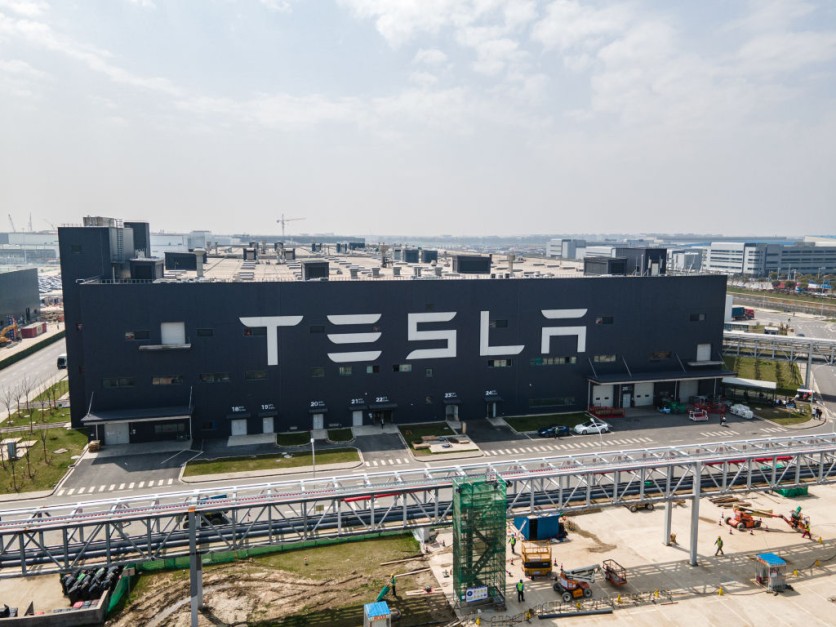
Tesla Inc (TSLA.O), a manufacturer of electric vehicles, is a topic Joe Biden rarely brings up in public. However, according to emails analyzed by Reuters, his government has secretly depended on the business to assist in developing a new policy that will allow electric cars (EVs) to profit from the country's lucrative renewable fuel subsidies.
Joe Biden Engages Elon Musk's Tesla for Cleaner Energy
The White House's engagement with Tesla also demonstrates that, despite a well-publicized disagreement between Biden and Tesla CEO Elon Musk, the former's administration made an early effort to include the automaker in one of its major policy initiatives. In 2030, Biden wants to sell 50% of all new automobiles as zero-emission vehicles.
Biden's priority in the fight against climate change is making the U.S. Renewable Fuel Standard (RFS) a tool for electrifying the country's fleet of vehicles, as evidenced by the administration's early and comprehensive outreach.
The RFS is administered by the U.S. Environmental Protection Agency, which is expected to announce proposed changes to the policy later this year. These changes will determine new winners and losers in the multibillion-dollar market for credits, known as RINs, which have supported corn growers and biofuels producers for more than ten years.
The government appears to be moving in the direction of a regulation that would help automakers like Tesla by allowing them the maximum access to so-called e-RINS, or electric RINs, according to early indications. However, according to industry stakeholders, the reform might potentially extend the subsidies to adjacent sectors like auto charging stations and landfills that provide renewable biogas to power plants.
Since Biden's transition team focused on EVs as a job-friendly answer to the climate challenge, the idea of including electric vehicles in the RFS has gained momentum. More than a quarter of greenhouse gas emissions in the US are caused by transportation.
Some Environmental Organizations Express Disagreement Over Green Credits
According to the existing RFS, oil refiners must either blend ethanol and other biofuels into the fuel pool themselves or purchase RINs from those who do. In Farm Belt states, this approach has sparked an economic boom. However, it has also enraged environmental organizations, who claim that the increased corn output harms the land and water while extending the internal combustion engine era.
The environmental organization "Friends of the Earth," has expressed opposition to an e-RIN initiative. The group believes that the RFS is an ineffective policy that has harmed the environment and failed to promote the production of new, lower-carbon fuels. Additionally, it sees expanding the initiative as a step toward using more feedstocks for wood and wood waste, which may be used to produce power.
Meanwhile, Tesla is looking to amend the RFS to enable it to receive credits for renewable fuels depending on the number of kilowatt-hours it drives or other comparable measures. According to the sources, the corporation has also looked into joint ventures with biogas producers to offer them a competitive edge in new markets created by the new rule.
![Apple Watch Series 10 [GPS 42mm]](https://d.techtimes.com/en/full/453899/apple-watch-series-10-gps-42mm.jpg?w=184&h=103&f=9fb3c2ea2db928c663d1d2eadbcb3e52)



